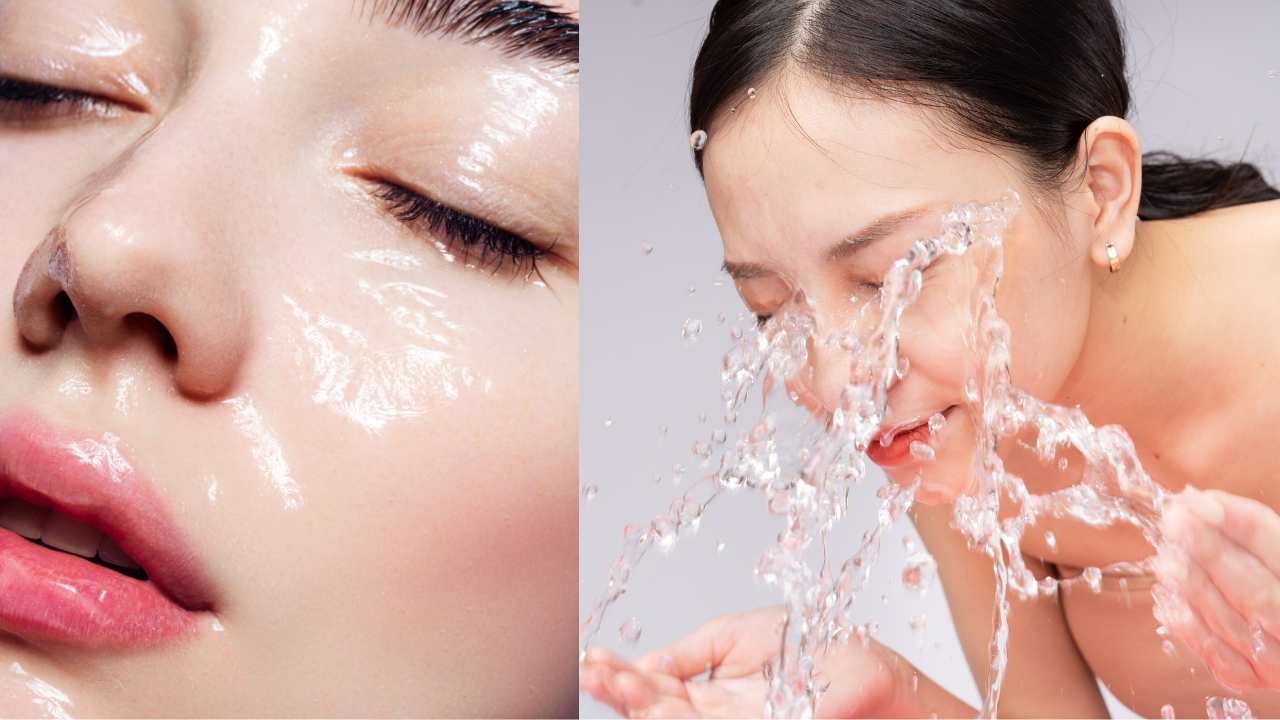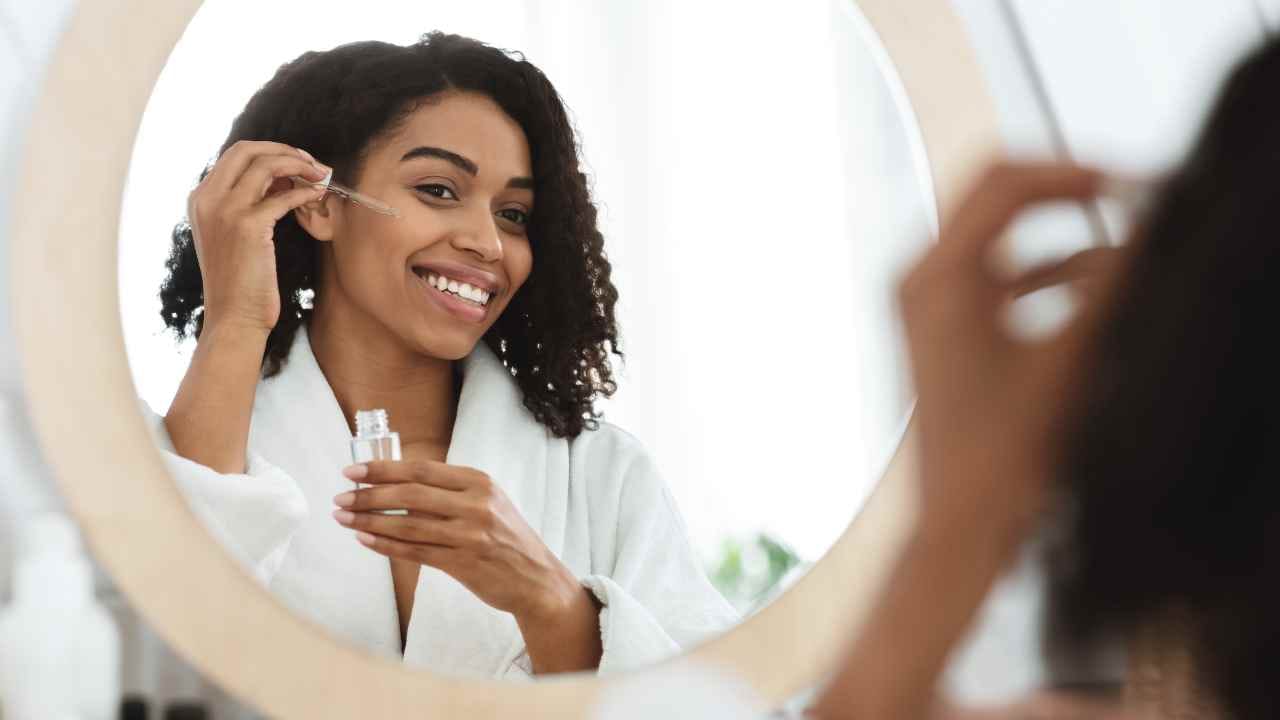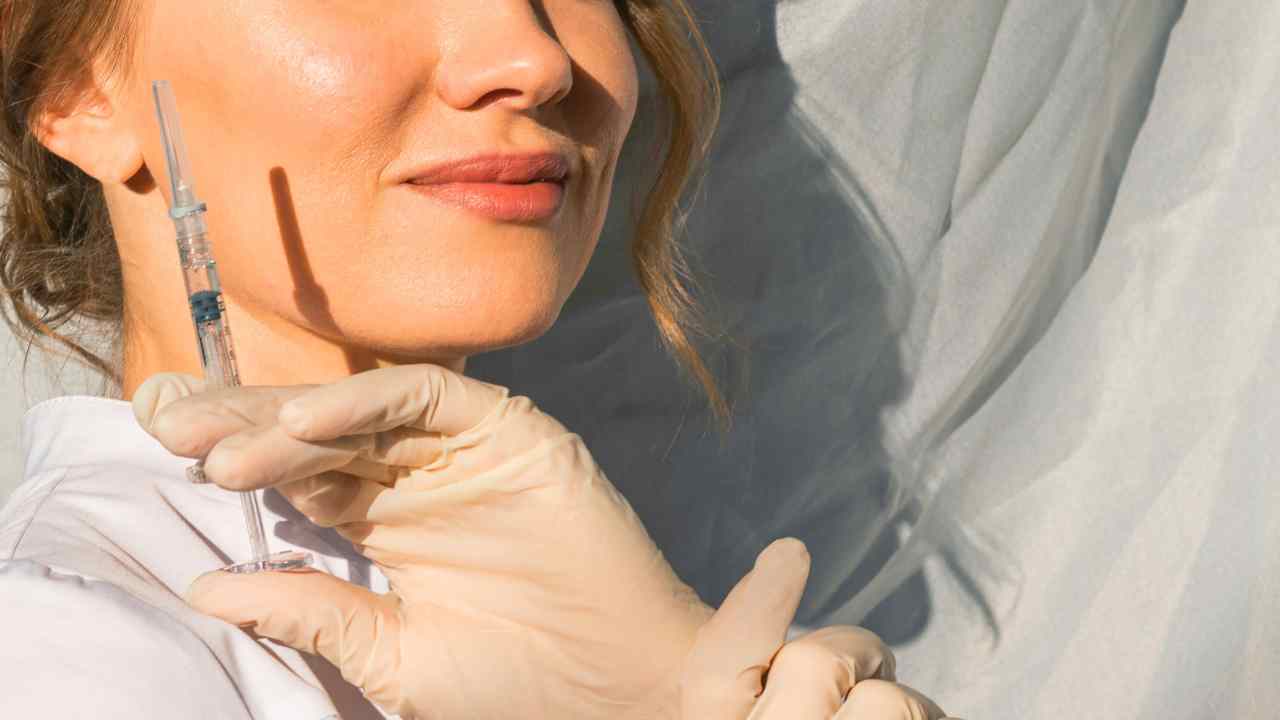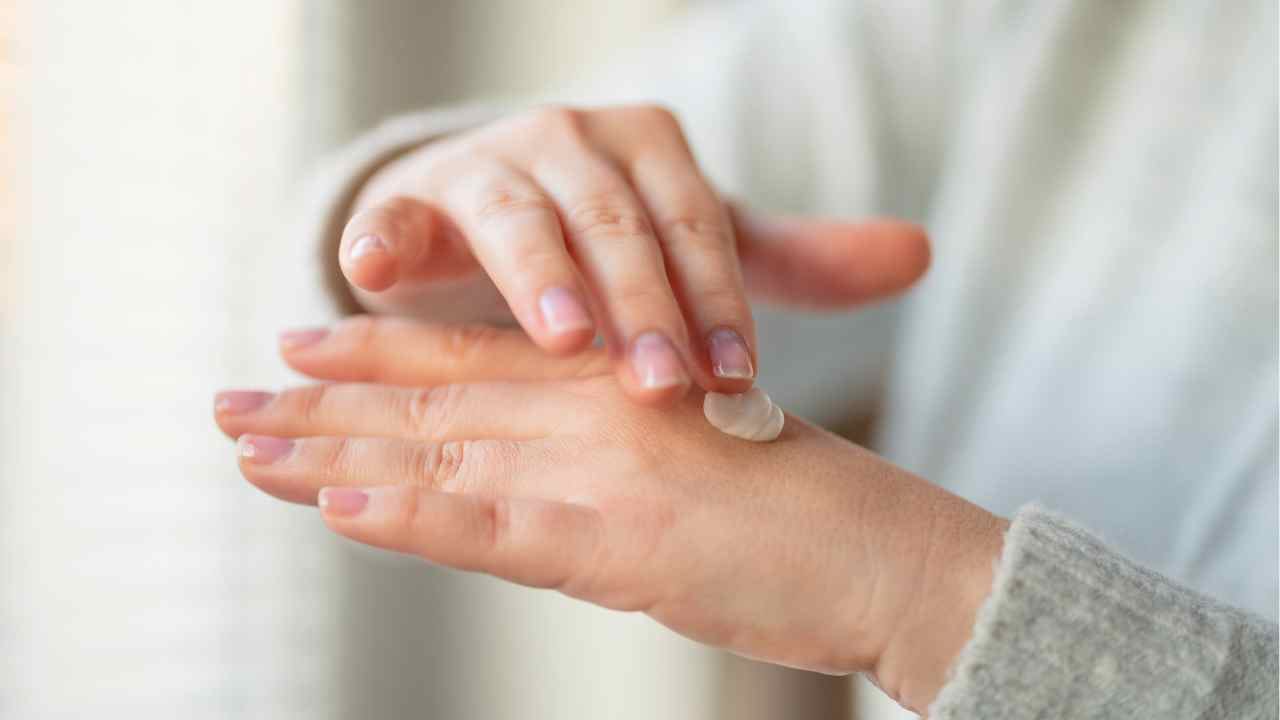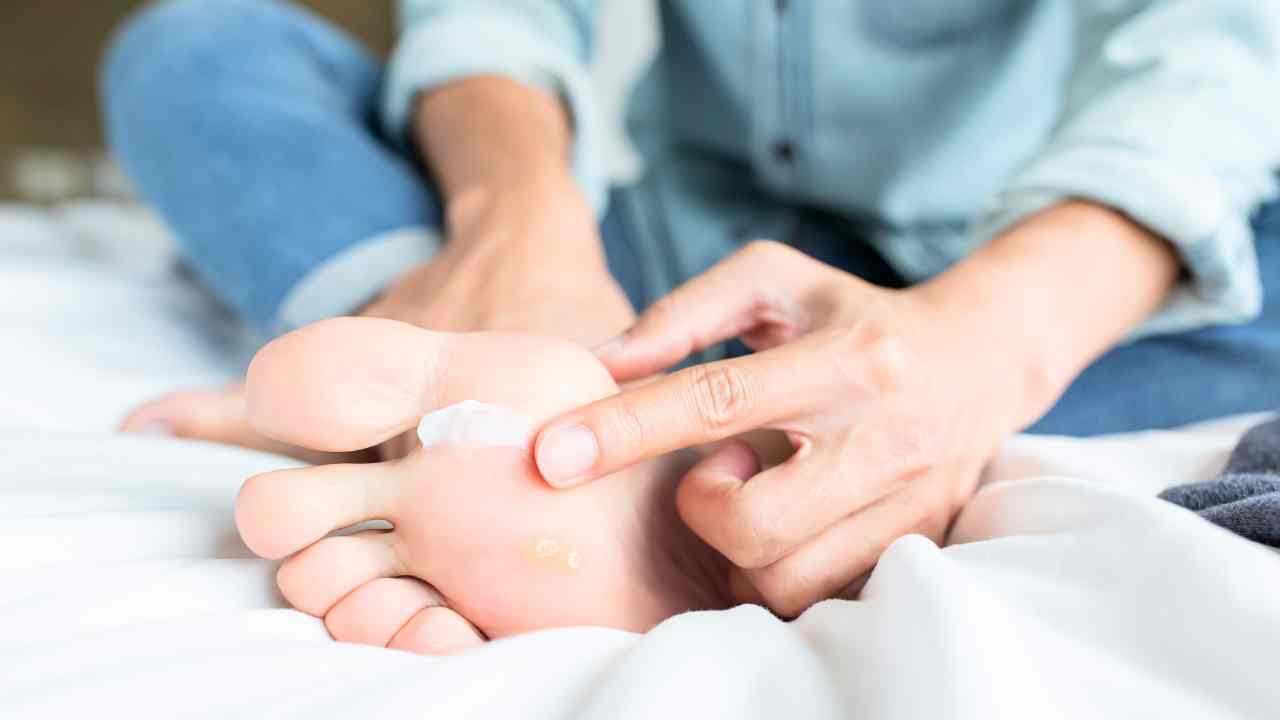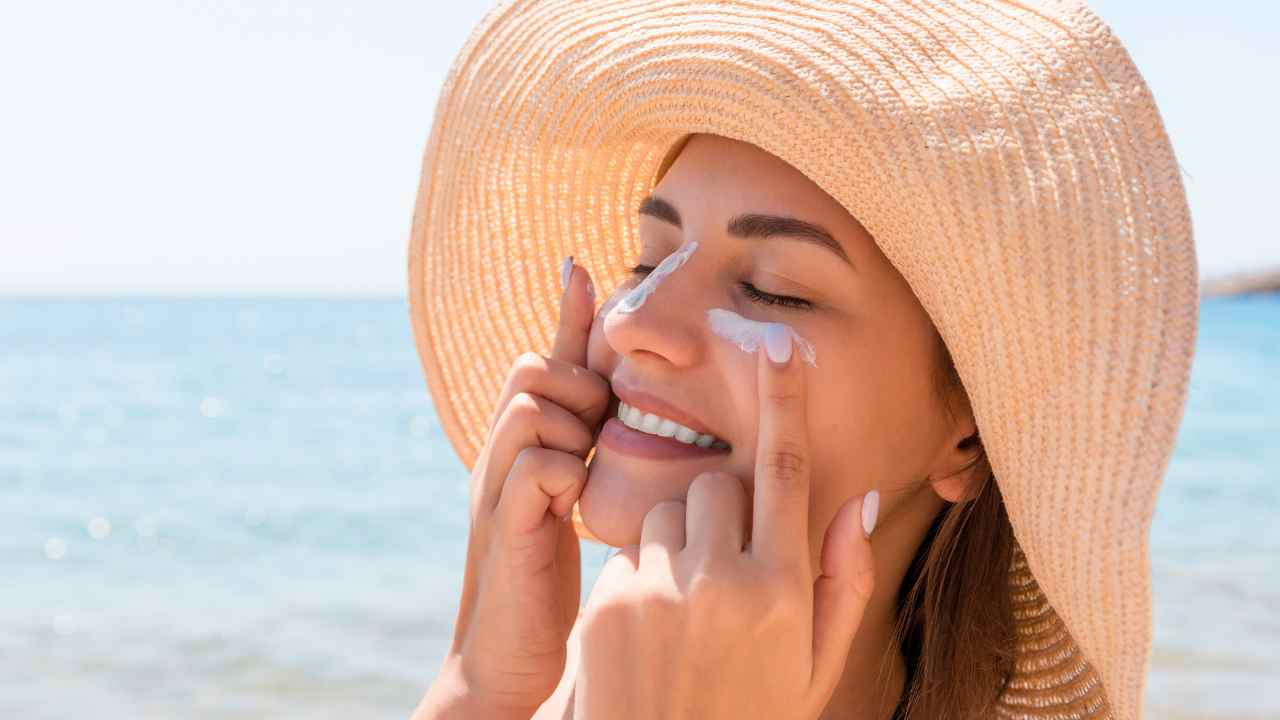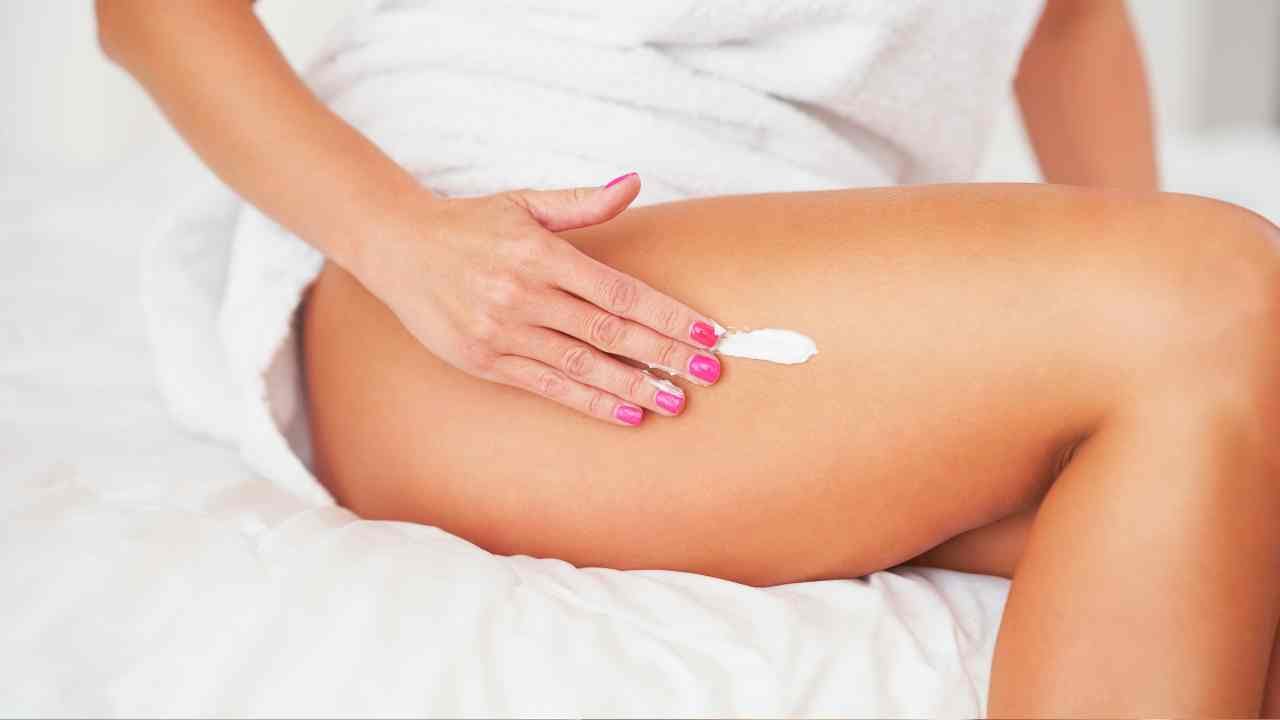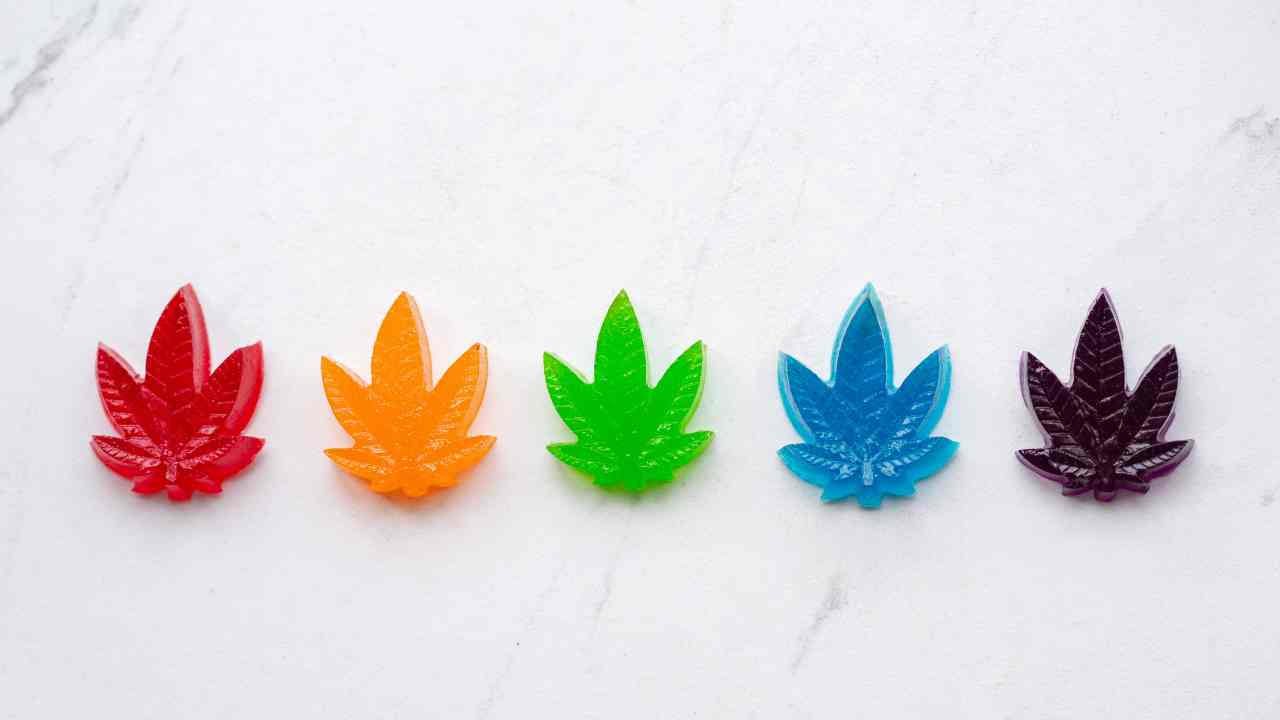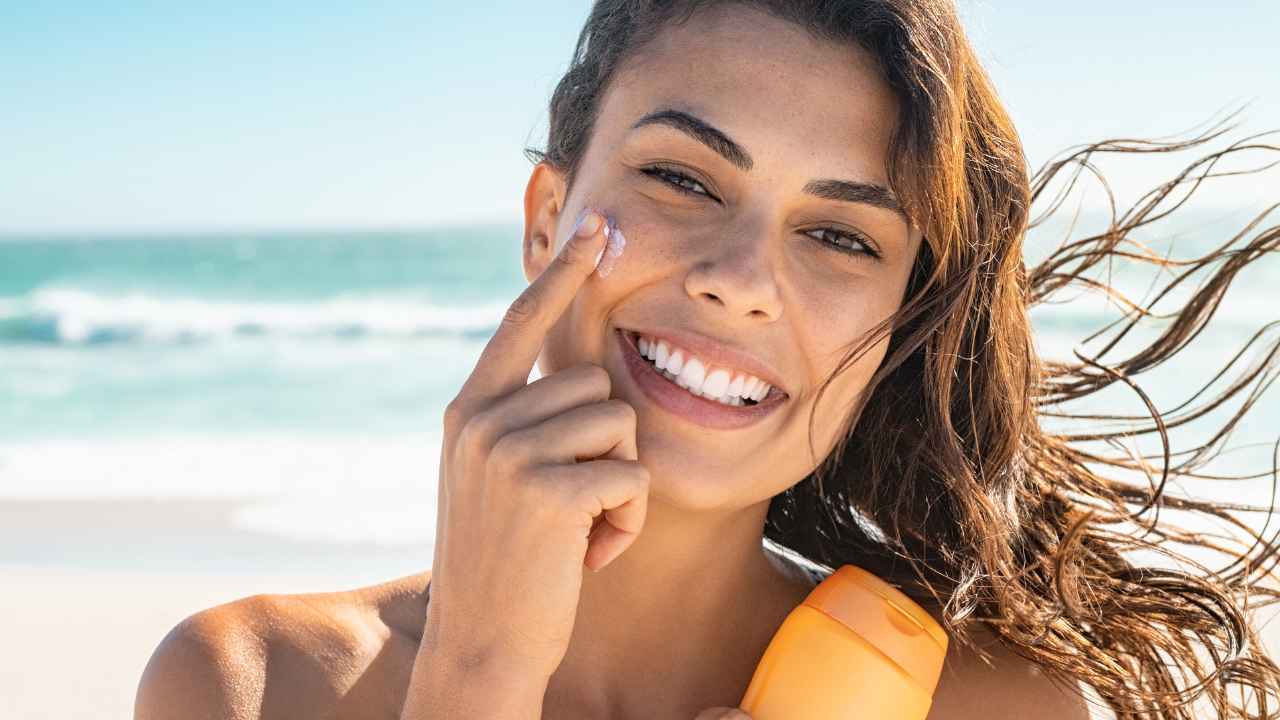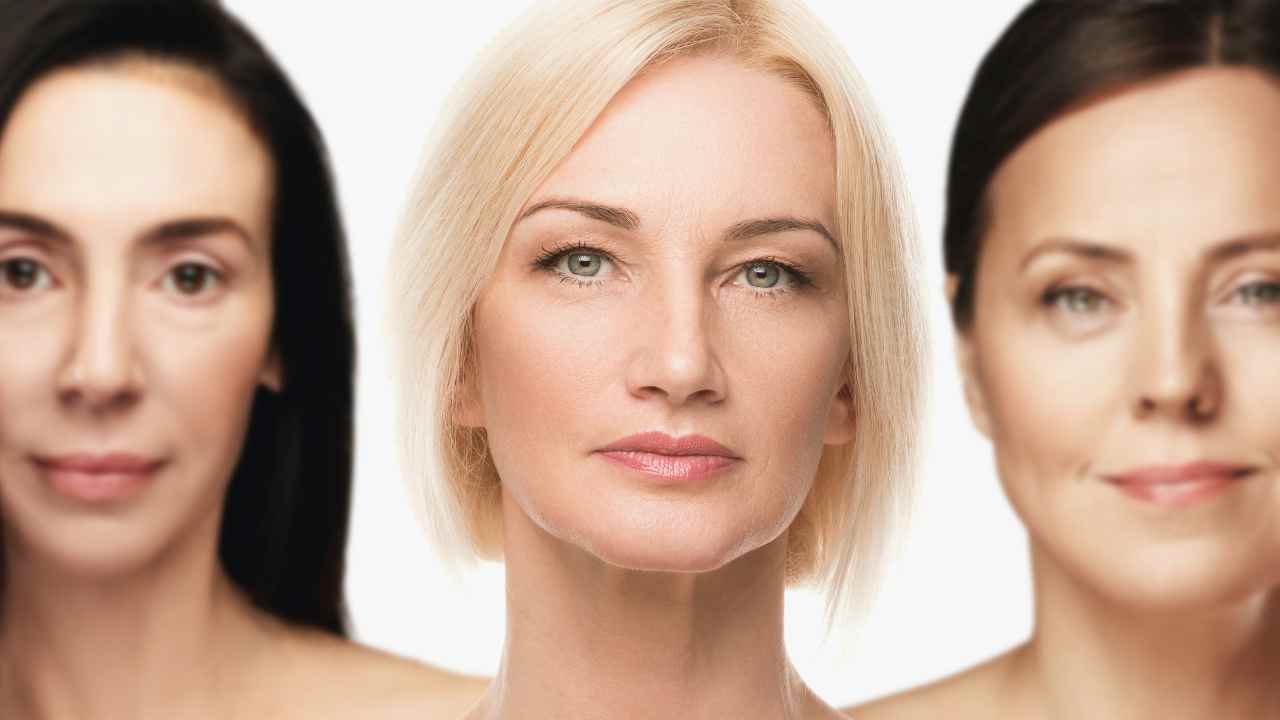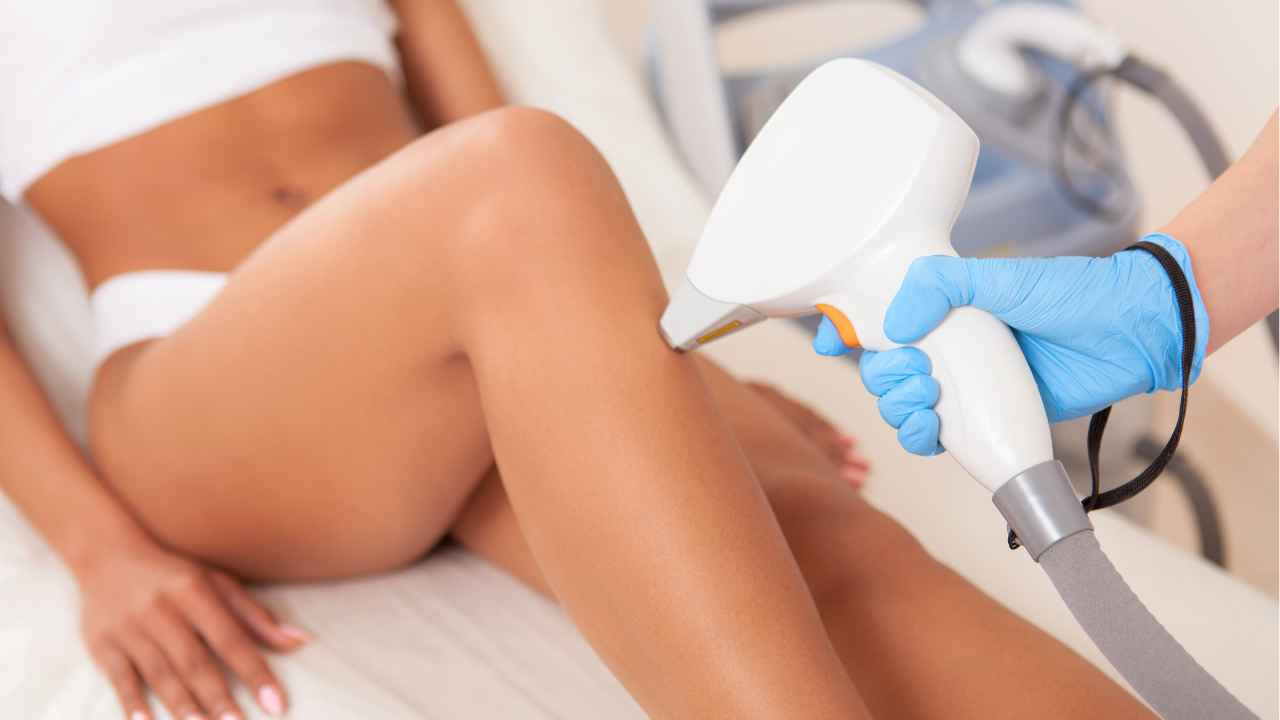
Can Creatine Cause Acne? Pump Up Your Workout, Not Acne!
Have you ever wondered if taking creatine supplements can cause acne? It’s a common enough question, especially for those of us looking to get the most out of our workouts.
Well, no need to worry! If you're cautious and aware about how much creatine you take in (not too mention any other supplements) then there’s no reason why your quest for fitness should lead to fewer than clear skin.
In this post we'll explore what creatine is, potential causes leading up to exercise-related breakouts and what steps could be taken when an outbreak does come about.
So grab your protein shake and hit the gym - just maybe leave that creatine tub at home. Let's pump up our workout without pumping up the acne!
What is Causing Your Acne?
Before we delve into the effects of creatine on acne, let's briefly understand what acne is and what factors contribute to its development. The truth is, there are a multitude of factors that can contribute to someone developing acne.
First and foremost, genetics play a major role in the development of acne. If one or both parents had/have acne issues as well, then it increases the likelihood of their children having similar issues.
Secondarily, hormonal changes also trigger an increase in oil production by your sebaceous glands which leads to pimples and blemishes.
Puberty often causes acne due to its influx of hormones; however, even adults can experience occurrences due to events such as stress or menstruation for women that cause similar fluctuations in hormone levels.
Other factors that can lead to breakouts include unclean skin or touching your face too frequently (and transferring bacteria from your fingertips onto your skin).
Additionally food sensitivities (like dairy products) can result in an outbreak if you consume something that your body doesn’t agree with.
Finally, medications like corticosteroids and lithium have been known to cause adverse reactions on the body’s largest organ – the skin!
It's important to find the trigger for your acne so you can treat it as soon as possible. Left untreated, acne can lead to scarring which takes time to heal.
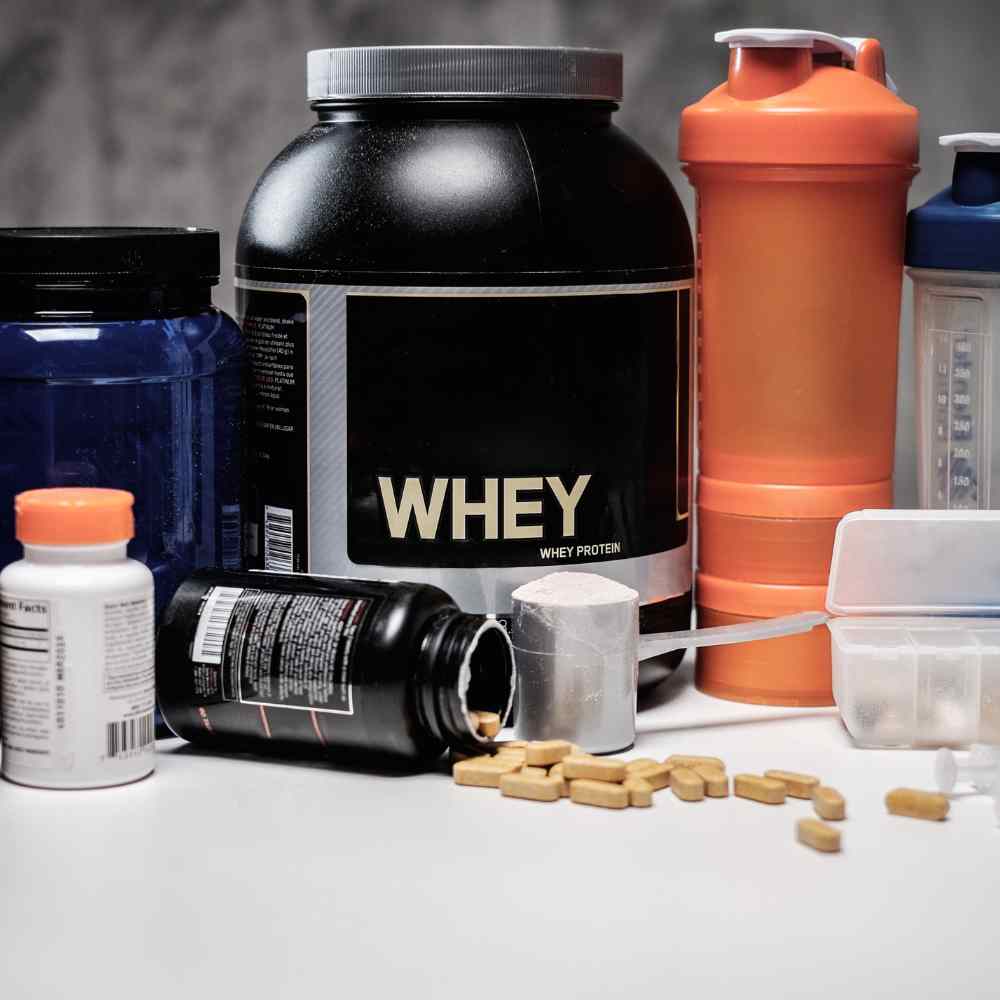
What is Creatine?
Creatine is an incredibly popular and powerful dietary supplement that helps with building muscle mass, energy levels, strength, and athletic performance.
Unlike anabolic steroids, creatine is a nitrogen-containing compound made up of three amino acids: arginine, glycine, and methionine.
Produced naturally by the body in the liver and kidneys, this amino acid combo is primarily known for its ability to supply our muscles with extra energy during intense physical activity.
It works by giving the muscles a “boost” by providing extra energy in the form of ATP (adenosine triphosphate), which is used for quick bursts of powerful movements like plyometric jumps or weight lifting.
Creatine also helps improve your overall health through necessary protein synthesis and cellular hydration – making sure your muscle cells have enough water to function properly.
Plus, research has shown that creatine can reduce stress on injured muscles from intense exercise. It acts as a protective agent in this way too!
With all these incredible benefits, it's no wonder why creatine has become so popular with athletes and fitness enthusiasts alike.
Creatine & Acne: Separating Myth from Reality
There are so many rumors going around about acne and creatine. So, what is the connection between using a creatine supplement for muscle growth and acne breakouts? Here are some possible links.
Insulin Spike & Hormonal Impact
One theory suggests that taking creatine supplementation may lead to increased insulin levels, which can potentially trigger hormonal imbalances and exacerbate acne. However, there is limited scientific evidence supporting this claim.
Several studies have examined the effects of creatine supplementation on hormonal markers, and most have not found any significant impact on insulin levels or hormonal balance.
Dehydration & Skin Health
Another concern associated with creatine supplementation to increase muscle mass is its potential to cause dehydration, leading to compromised skin health. It is important to note that while creatine can cause an increase in intracellular water content, it does not directly cause dehydration.
However, inadequate hydration can affect skin health, so it is crucial to ensure proper water intake while supplementing with creatine.
Increased DHT Production
Dihydrotestosterone (DHT) is a hormone associated with acne development, particularly in individuals with hormonal imbalances. Some believe that creatine supplementation may increase DHT production, leading to acne flare-ups.
However, current research does not support this claim. Studies examining the effects of creatine on DHT levels have shown no significant changes, suggesting that creatine supplementation does not directly impact DHT production.
Individual Variations & Genetic Predispositions
It is important to acknowledge that acne development is influenced by various factors, including genetics, lifestyle, and individual variations. What may cause acne in one person may not have the same effect on another.
Some individuals may experience acne flare-ups while using powder or liquid creatine, while others may not notice any changes in their skin. It is essential to consider these individual variations when evaluating the impact of creatine on acne.
Does Creatine Cause Acne?
While the scientific evidence does not strongly support a direct causal relationship between creatine monohydrate and acne, there seems to be some anecdotal evidence.
According to the Team Acne YouTube channel, there are conflicting reports about creatine in acne. See what their research found in this video.
Maintaining Skin Health While Using Creatine:
Whether creatine causes acne or not, it is important to prioritize overall skin wellness when using any supplement. Here are some tips to help maintain skin health while using creatine:
Stay Hydrated
Proper hydration is vital for maintaining healthy skin. Ensure you are drinking enough water to support optimal skin hydration and overall well-being. Aim for a daily water intake that suits your individual needs and lifestyle.
Cleanse Your Skin
Establish a consistent skincare routine that includes gentle cleansing to remove excess oil, dirt, and bacteria from the skin. Use a cleanser suitable for your skin type, avoiding harsh or abrasive products that can strip the skin's natural oils.
If you do suffer from acne you may need a special pore cleanser or mask. There are other ingredients a dermatologist may recommend such as salicylic acid, benzoyl peroxide, or retinoids such as tretinoin.
Moisturize Regularly
Moisturizing is essential for maintaining skin hydration and preventing dryness. Choose a non-comedogenic moisturizer that suits your skin type to keep your skin moisturized and balanced.
You can also add serums such as niacinamide or hyaluronic acid to your skincare routine to see if they help with skin calming and hydration.
Cleanse After Workouts
If you exercise while using creatine, ensure you cleanse your face and body after workouts to remove sweat, bacteria, and impurities that may have accumulated on the skin's surface. Shower right away at the gym or as soon as you arrive home.
Maintain a Healthy Lifestyle
Adopting a healthy lifestyle can contribute to overall skin health. Eat a balanced diet, rich in fruits, vegetables, and nutrients. Get regular exercise, manage stress levels, and prioritize adequate sleep to support your body's natural processes.
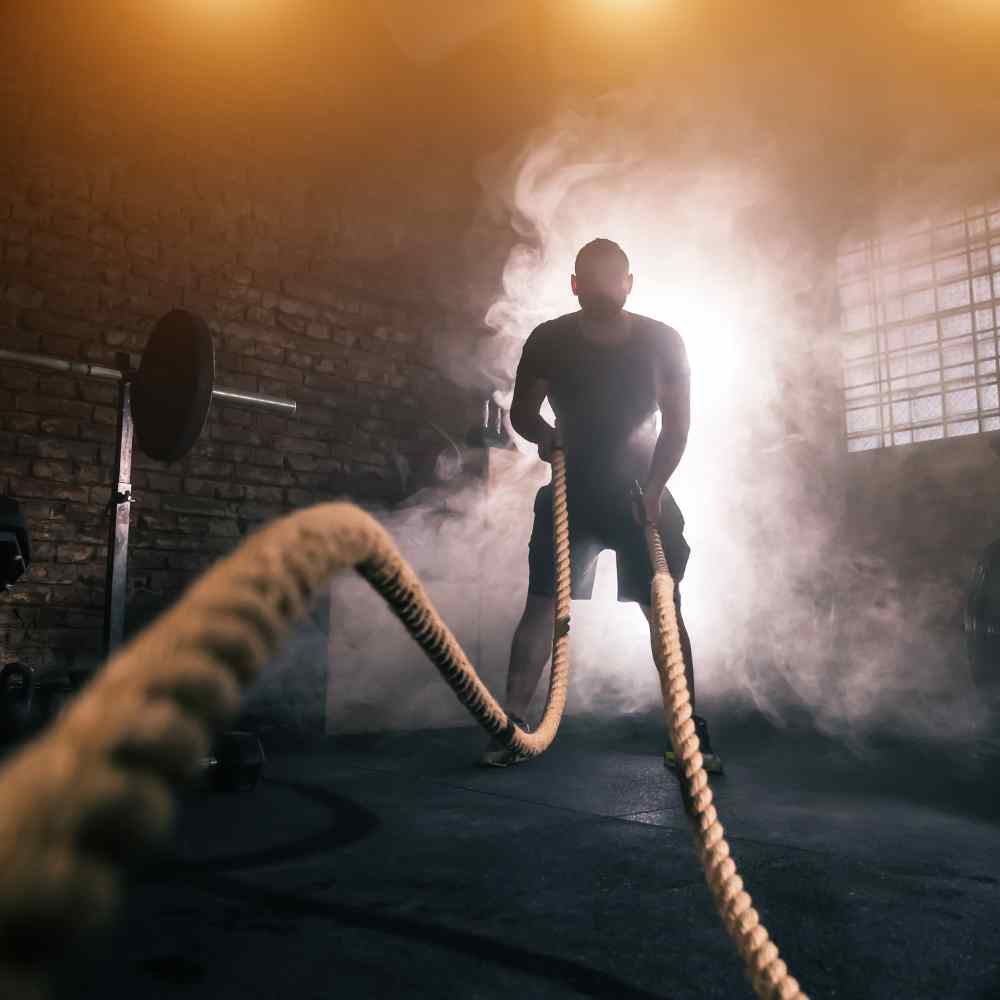
Ready to Get Fit Without the Breakouts?
In short, the available evidence should bring some relief to those concerned about the potential impact of creatine on skin health.
While it is definitely something to watch out for if you are supplementing, the chances of experiencing a negative side effect are low.
Remember that everyone’s skin is different and what may work for one person may not necessarily work as well for another.
Of course, if you have any questions or concerns about the supplement you're taking, always consult with your healthcare provider as they will know best how to advise you!
Hopefully this article has served as a helpful reminder that results will vary when it comes to creatine supplementation. But embracing individual variations can be part of the fun on the fitness journey.



